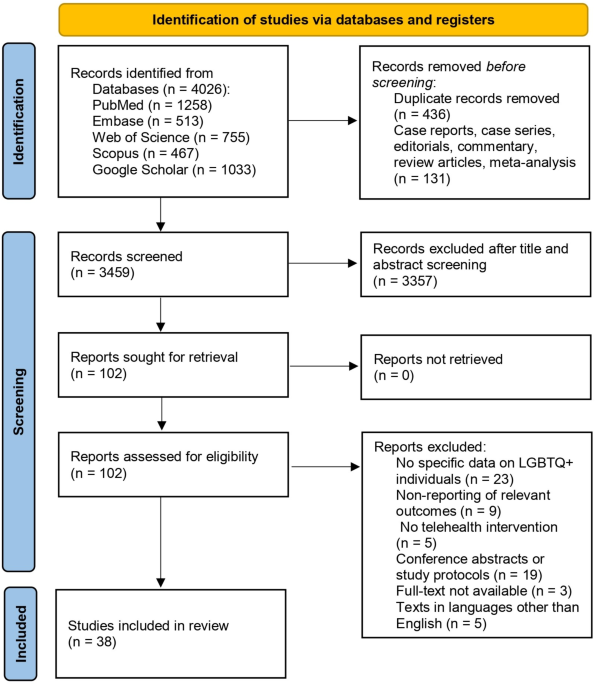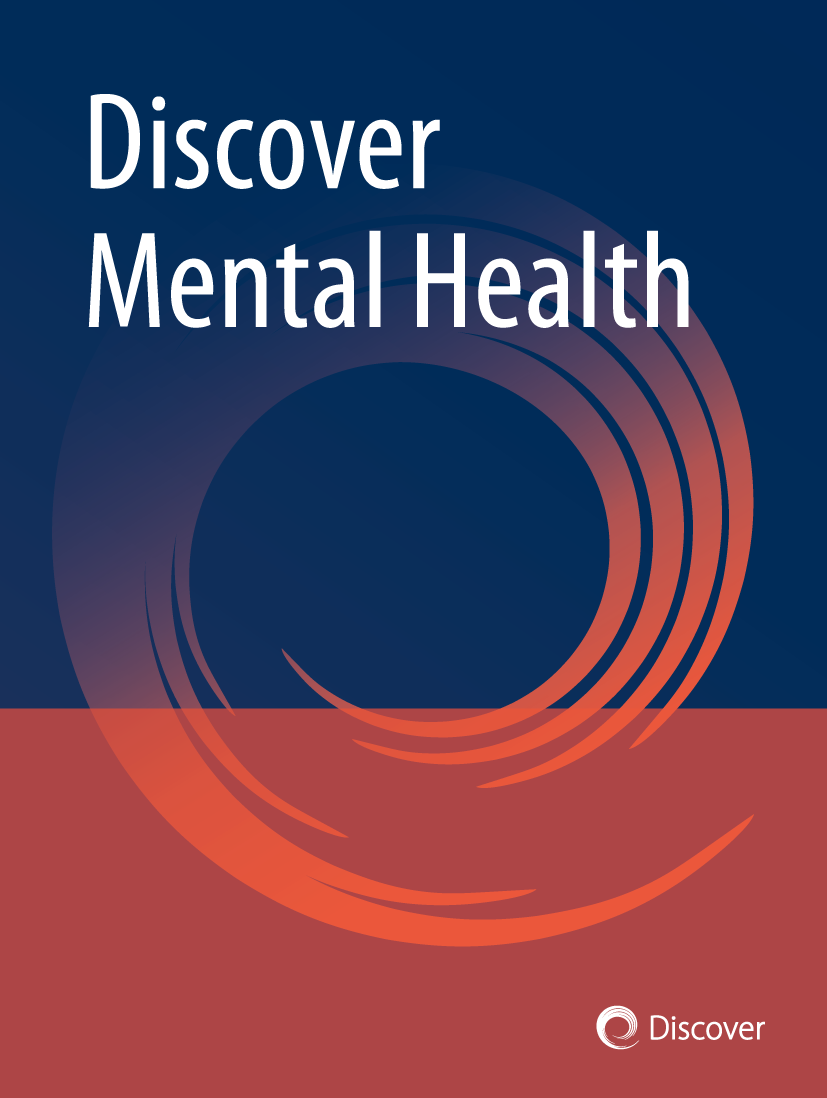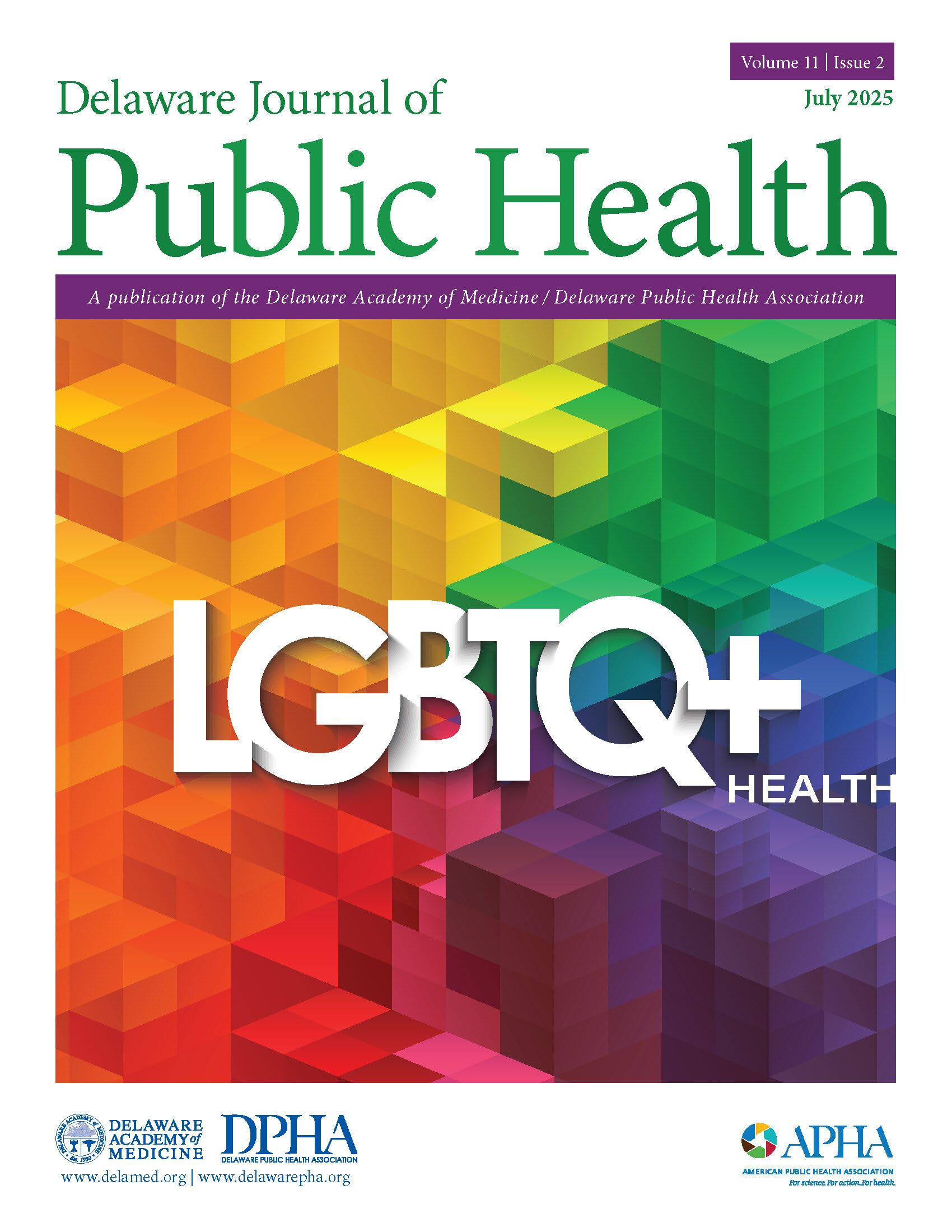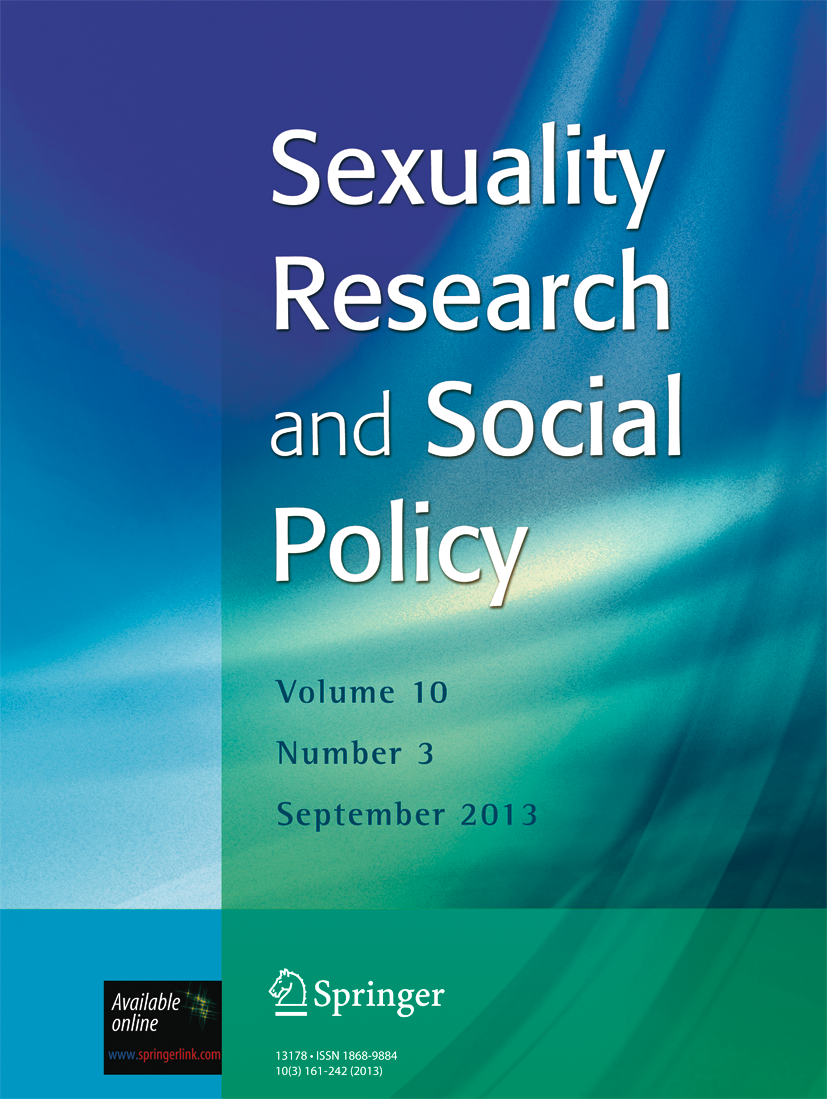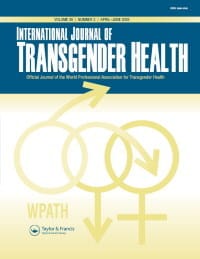INTRO
This week brings us a familiar mix of devastating setbacks and fierce resistance. While Trump administration cuts eliminate LGBTQ+ crisis support and healthcare systems abandon their patients under political pressure, we're also seeing communities fight back with protests, state leaders step up with protective legislation, and researchers continue producing the evidence base we need to advocate effectively.
The research section is particularly rich this week—from new frameworks for creating safer gynecologic spaces to critical findings about AI bias in healthcare documentation, plus encouraging data on surgical outcomes and concerning revelations about cancer screening gaps. These studies provide both practical tools for immediate implementation and broader insights into systemic challenges we must address.
Before we dive in, an important survey for my trans readers and any providers with trans clients or patients: the Point of Pride's Trans Health Survey is actively collecting responses to better understand our community's healthcare experiences in the US. Share the 25-35 minute survey widely: our voices matter in shaping more responsive resources and support services.
Let's get to it.
NEWS
Healthcare Systems Continue Gender-Affirming Care Rollbacks
Hospital systems across the country are capitulating to political pressure with devastating consequences for transgender youth. Children's Hospital Los Angeles has permanently shut down its transgender care program due to legal threats from the Trump administration, following earlier protests against their temporary suspension of services. This decision signals a troubling nationwide trend of healthcare systems abandoning their patients rather than defending evidence-based care.
In North Carolina, Atrium Health has ceased providing gender-affirming medications for individuals under 19, a decision LGBTQ advocacy groups are rightfully condemning as politically motivated and detrimental to youth health. These policy changes create significant care gaps and increase mental health risks among transgender youth who desperately need consistent, affirming treatment.
As we shared in previous weeks, Trump cuts have shut down specialized LGBTQ+ youth suicide counseling services under the 988 national hotline, following the Rescissions Act of 2025. The Trevor Project has lost federal funding and staff but aims to continue providing support through private channels. This loss of specialized, affirming crisis intervention comes at a time when LGBTQ+ youth face significantly higher suicide rates than their peers. Advocates fear tragic outcomes without these critical supports in place.
Courts Continue Assault on Trans Rights
The legal landscape grows increasingly hostile. A federal appeals court has upheld Arkansas's ban on gender-affirming care for minors, citing the U.S. Supreme Court's recent Skrmetti decision. This 8-2 ruling from the full Eighth Circuit represents the first time a complete federal appellate court has weighed in on such laws since Skrmetti, cementing a constitutional framework that allows states to prohibit treatments that every major U.S. medical association considers essential for transgender youth wellbeing.
Writing for the majority, Judge Duane Benton concluded that Arkansas's SAFE Act regulates medical procedures rather than classifications based on transgender status—a legally flawed interpretation that opens dangerous loopholes for broader restrictions on adult care, as constitutional law professor Leah Litman has warned.
Conversion Therapy Threats Resurge
Two alarming reports this week highlight the persistence and potential expansion of conversion therapy. A Stateline investigation reveals that conversion therapy for LGBTQ+ people could make a comeback as conservative courts may allow lawmakers to reinstate this discredited practice. While over half of U.S. states restrict conversion therapy for minors, recent legal developments signal a shifting political landscape that could undermine these protections.
Meanwhile, a new report warns that the fight to eradicate dangerous conversion therapy isn't over, highlighting the ongoing prevalence of these harmful practices targeting transgender youth across the U.S., despite numerous state bans. This torture, as medical experts label it, continues in secrecy with support from legislative votes across party lines. As the Supreme Court prepares to hear a related case, advocates warn that political attacks on LGBTQ+ protections are intensifying.
These stories connect directly to our previous in-depth interview with Willow Sipling about SOGICE and conversion tactics, providing crucial context for understanding how these harmful practices persist and evolve.
Broader Attack on Vulnerable Communities
A Slate analysis reveals the dangerous implications of Trump's recent executive order targeting homelessness and mental health under the guise of "public safety." The order aims to criminalize drug addiction and mental illness, which disproportionately affects the transgender community, while opening doors for potential involuntary confinement of individuals deemed a "danger." Given the ongoing rhetoric pathologizing trans identities and framing trans people as "groomers," this policy creates alarming potential for discriminatory enforcement against our community.
Important reporting from Uncloseted Media highlights the overlooked crisis of gay boys and sex trafficking, another population impacted by the targeting of unhoused people. The article notes that boys make up a significant portion of trafficking survivors yet face a severe lack of resources, including safe houses specifically designed for them. The article shares personal stories emphasizing the stigma and misunderstanding surrounding male victims while calling for increased awareness and resources for LGBTQ youth.
Bright Spots and Fight Backs
Not all news is devastating. Massachusetts Governor Maura Healey signed the Shield Act 2.0, strengthening protections for reproductive and gender-affirming care. This comprehensive law ensures patient and provider privacy, blocks out-of-state interference, and guarantees emergency abortion access. It positions Massachusetts as a sanctuary for transgender individuals seeking care without fear of targeting, reinforcing their rights in an increasingly hostile political landscape.
As Dallas Ducar, CEO of Fenway Health, emphasized at the signing ceremony: "This commonwealth has made something crystal clear: We will not back down… a law that will save lives, including my own and so many other trans people."
In Pennsylvania, Governor Josh Shapiro has stepped in to provide state-funded LGBTQ+ crisis care following the federal funding cuts. Pennsylvania's Department of Human Services will train call center operators to better support LGBTQ+ callers and connect them to resources like The Trevor Project, though this patchwork approach highlights the devastating gap left by federal action.
Chicago activists aren't standing by quietly amid healthcare access cuts. Hundreds gathered for the 'Unite for Trans Youth Lives' protest on August 10, condemning major hospitals that have suspended gender-affirming services for those under 19 amid political pressure. Speakers emphasized that gender-affirming care is a human right and warned that these rollbacks could lead to increased mental health crises among trans youth.
International Developments
Across borders, the attacks continue. In British Columbia, nurse Amy Hamm faced a one-month suspension and $94,000 in costs for making discriminatory comments about transgender people while identifying herself as a nurse. The BC College of Nurses found her statements designed to "elicit hostility, fear and contempt" toward the transgender community, undermining trust in the healthcare system. Hamm has appealed the decision.
In the UK, transgender judge Victoria McCloud is appealing to the European Court of Human Rights for a rehearing of a significant supreme court ruling that excluded transgender women from the legal definition of 'woman' under the Equality Act 2010. She argues this undermines her right to a fair trial and affects an estimated 8,500 others with gender recognition certificates.
Meanwhile, NHS Sussex has acknowledged "increased risk of suicidal ideation" and "negative impact" on patient experience due to ongoing investigations into trans youth healthcare. Freedom of Information requests revealed impact assessments highlighting uncertainties about the investigation's support for equality and healthcare access, particularly concerning the withdrawal of medical treatments for trans youth.
Essays, Op-Eds, and Book Reviews
In a powerful personal essay, Audrey Matkinson explores the question "Fight or Flight? Is It Time For Trans People To Leave?" The piece discusses leaving Texas due to rising anti-trans sentiment and emphasizes trusting one's intuition in finding safety and wellness. Matkinson highlights safe havens across the U.S. and Europe, urging readers to consider their safety and well-being in these turbulent times. This connects to our previous coverage in "No Safe Space: disaster & displacement while LGBTQ+" examining the broader patterns of queer trans displacement.
For KevinMDm, Dr. Angela Rodriguez advocates for urgent reform in transgender healthcare, discussing systemic barriers faced by transgender individuals and highlighting the importance of education for medical professionals, insurance coverage improvements, and advocacy for inclusive best practices.
And Juliana Gleeson's new book "Hermaphrodite Logic: A History of Intersex Liberation" provides crucial historical context for the intersex movement from the 1990s to present, focusing on medical and social challenges faced by intersex individuals and the rise of intersex activism in response to medical censorship.
Remember: The Trans Health Survey is actively collecting responses to better understand our community's healthcare experiences. Take the survey here and help shape more responsive resources and support services.
A new liberal publication called The Argument launched this week with $4 million in funding and a roster of high-profile contributors. As vital as it is to invest in independent journalism, it's worth noting that several of the named contributors have previously published work critical of transgender rights and protections. This reflects all-too-familiar inequities in whose voices get amplified and whose stories get told.
That's why your support for Well Beings News matters more than ever. As an independent queer trans journalist covering health and wellness for our communities, I rely entirely on reader subscriptions to keep this work going. Every paid subscription helps ensure that trans and queer perspectives remain part of the media landscape and that providers have access to the evidence-based reporting they need.
If you've been thinking about upgrading to a paid subscription, or offering a one-time donation, now is the time. Let's show the world that independent queer trans health journalism is worthy of investment too.
WHY UPGRADE
Paid subscribers get…
access to the research section of this Monday Roundup newsletter
original midweek reporting
interviews with scientists, researchers, health and wellness professionals, and LGBTQ+ change-makers every weekend (Professional and Lifetime)
all downloadables in the Resource Library (Professional and Lifetime)



